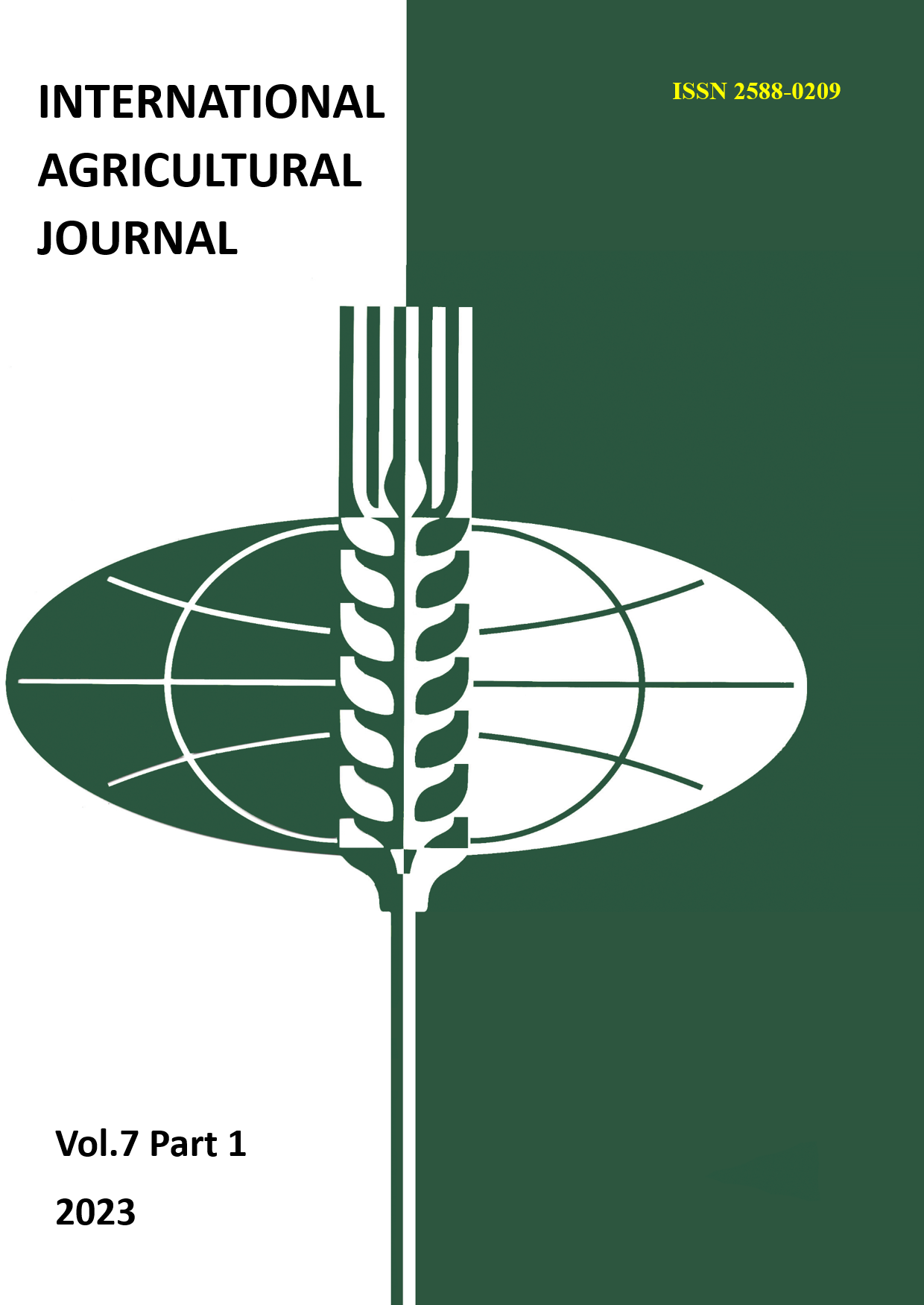AGRICULTURAL COOPERATION AS ONE OF THE TOPICAL AREAS OF RURAL AREAS (ON THE EXAMPLE OF THE LIPETSK REGION)
Main Article Content
Abstract
Agricultural cooperatives are joint organizations in which members are mainly farms and personal subsidiary plots. The most common are production cooperatives, in which the members of the cooperative combine the productive resources of land and equipment for joint farming. Production cooperatives organize the sale of products of cooperative members to third parties. Service cooperatives, or service cooperatives, which provide services for the supply of fertilizers, seeds, and are also engaged in the processing of agricultural products and their storage, are also no less famous.
The creation of an agricultural cooperative is one of the forms of self-employment of rural residents. Not every farmer can purchase, for example, an apparatus for the production of compound feed or a machine for transporting milk over long distances. With the combined efforts of several farmers, this possibility becomes a reality. Therefore, in the article, the authors try to show the relevance of this direction for rural residents.
Cooperation helps its members to increase income levels and ensures the competitiveness of products in agricultural markets. Cooperation also makes it possible to use the achievements of modern technologies in agriculture, which is not available to every resident of a rural area if he independently manages his farm. Cooperation helps to provide access to banking services and solve pressing problems that are easier to solve together than individually.
Article Details
References
2. Mamai O.V., Lipatova N.N., Kupryaeva M.N. The current state and prospects for the development of agricultural cooperation // Vestnik NGIEI. 2019. No. 1. P.106 - 117.
3. Ovchintseva L.A. Possible directions of cooperative development in the regions of the Russian Federation // Fundamental and applied research of the cooperative sector of the economy. 2018. No. 5. P.80 - 84.
4. Saraikin V.A., Yanbykh R.G. Analysis of the stability of the cooperative form of management of the agrarian sector of Russia in the context of the institutional theory of the firm // Bulletin of St. Petersburg University. Economy. 2019. No. 2. S. 251-268.
5. Semkin A. G., Krylov V. S., Rykalin A. S. Development of agricultural cooperation in the Lipetsk region at the municipal level // Economics, labor, management in agriculture. 2019. No. 2. P. 95-104.
6. Sobolev A. V. Features and significance of cooperatives in agriculture // RUSSIAN JOURNAL OF MANAGEMENT. 2021. Volume 9. No. 2. P.18 - 24.
7. Surai N.M., Dibrova Zh.N., Sagina O.A., Orlov B.L. The current state and prospects for the development of agricultural consumer cooperation in the Central Federal District of Russia // Technique and technology of food production. 2018. No. 1. P.172-183.
8. Sharipov Sh.I., Ibragimova B.Sh. Agricultural consumer cooperation: current state and development prospects. Fundamental and applied research of the cooperative sector of the economy. 2019. No. 3. P.67-72.
9. Yani A.V. Theoretical and methodological foundations of innovation and investment activities of business entities and the mechanism of its stimulation at the regional level // Creative Economy. 2021. No. 3. S. 861-878.
10. Granata J., Lasch F., Le Roy F., Dana L.-P. How do micro-firms manage cooperation? A study of the wine sector in France. International Small Business Journal. 2018. No. 36. S. 331-355.

